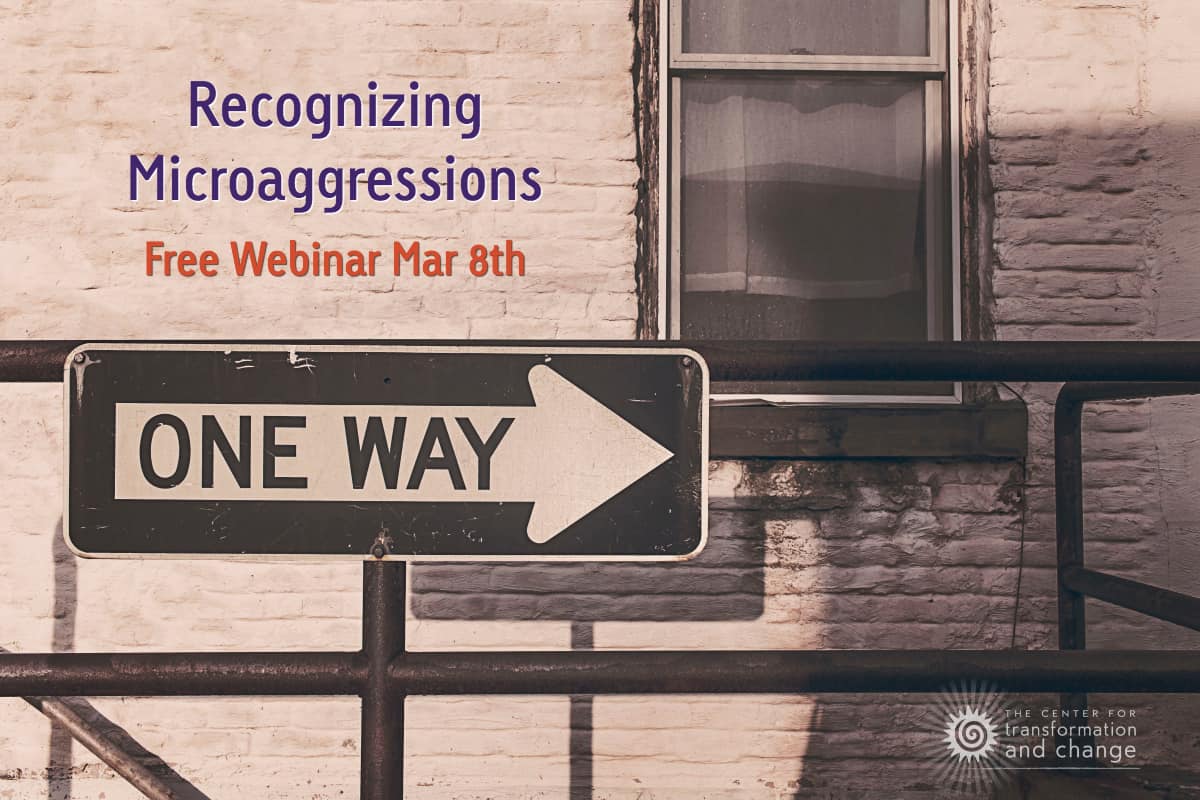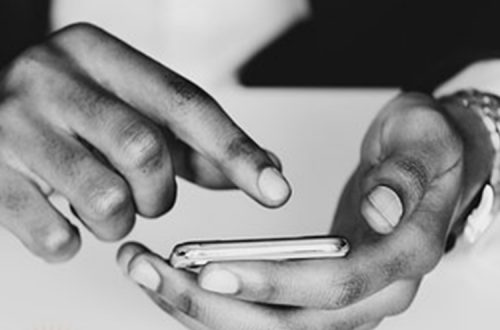Microaggressions: Sounds Small But Hurts Big
You read the word “micro” and you may immediately judge that it must be something small.
It may sound like nothing, but its impact is SOMETHING.
Microagressions is a term Harvard University professor Chester M. Pierce originated in 1970 to name the insults he witnessed that were doled out regularly upon African Americans by those who were not black – in particular, by whites.
As the old saying goes: the more things change, the more they stay the same.
Decades have passed since then, but we’re still faced with microagressions and may not even realize it. It’s those everyday messages that come in the form of verbal or nonverbal slights, snubs or insults – intended or not – that convey negative or derogatory messages to targeted persons, based solely upon their marginalized group membership.
In other words – I want you to think of a time when the comments or actions of someone made you feel “less than”…put down…unimportant…hurt…questioning yourself…
Can you relate?
I’m Sorry You’re So Sensitive…
 Oftentimes when someone is guilty of a microagressions, they reverse the blame onto the person negatively impacted. Instead of apologizing for their insult, they point the finger and accuse them of ‘being too sensitive.’ Or they may shrug off their insult – intended or not – and say something like:
Oftentimes when someone is guilty of a microagressions, they reverse the blame onto the person negatively impacted. Instead of apologizing for their insult, they point the finger and accuse them of ‘being too sensitive.’ Or they may shrug off their insult – intended or not – and say something like:
- You shouldn’t take things so seriously.
- You took it the wrong way.
- I didn’t mean it like that!
- I was only joking.
- Oh, come on…are you going to play that card again?
The cycle continues… and it becomes so familiar that we don’t recognize microagressions for what they are. We accept it, shrug it off, and say that’s the way things are.
Think about a time when you felt you were ignored or treated as if you were less than someone else.
It didn’t feel good, did it?
Real Life: Microagressions in the Workplace and Beyond
Purposeful or not, microagressions happen with regular frequency. Some common examples that most everyone has experienced or witnessed:
– At a party: when the conversation was centered around a woman who was sexually assaulted on campus, the burning question was: Did you see what she was wearing?
– When interacting with someone who is providing customer service and the customer isn’t getting what she wants: she reacts with a more curt, tense tone and demanding energy.
– In a group meeting: a woman offers an idea and she is interrupted. A man offers a very similar idea a few minutes later – he is offered all the time he needs to complete his thought and everyone loves it.
– While speaking to someone and you can’t easily identify their apparent race: you witness your co-worker ask “So, what are you?” (attempting to determine the person’s racial identity)
Taken one by one, it’s easy for members of privileged groups to discount microaggressions as ‘not a big deal’ and minimize their impact.
But it all adds up – and soon it becomes the straw that breaks the camel’s back.
The hurt hurts. A lot.
Interrupting Microaggressions is Possible
 It’s not a hopeless situation.
It’s not a hopeless situation.
In my upcoming free webinar on March 8th, Recognizing Microaggressions, I have an info-packed 75-minutes planned where I’ll get real on microaggressions: what they are, how to spot them (because they can be subtle and easy to miss), and what to do so you can interrupt them more effectively – and help others to do the same.
Claim your FREE spot right here (and get access to your BONUS materials).
Here’s a sneak peek at something you can try right now in your workplace: PANNING.
What does PAN stand for? PAY ATTENTION NOW.
Just as a camera pans the area to see the whole picture, we, too, need to continuously PAN all around us AND inside of us to increase our ability to notice the patterns of treatment of both privileged and marginalized groups.
Really jump into this moment and observe all around you so you can witness the dynamics taking place wherever you are. What do you see? Did you notice something you might not have before?
We need all of us, all around us, to stop microagressions. We need to pull together and take a good look. We need to speak up. And when it is our own behavior that has been problematic, then we need to dig around inside for the implicit bias and prejudice that probably fueled our microaggressions. One of my favorite quotes by Rumi says it best:
Maybe you are searching among the branches, for what only appears in the roots.”


